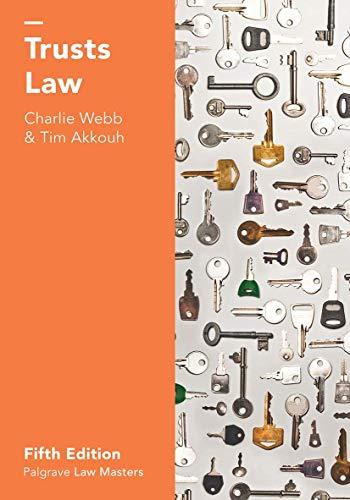Question
this is for the cindy gladue case, here is the case, Case - The murder trial of Cindy Gladue relation to MMiWG - missing or
this is for the cindy gladue case, here is the case,
\Case - The murder trial of Cindy Gladue relation to MMiWG - missing or murdered
Some knowledge about this case
- Cindy Gladue was a 36 year woman and a mother of three who passed away in Edmonton, Alberta in 2011 under heartbreaking circumstances.
- The trial involved Bradley Barton, a truck driver, from Ontario, who faced charges for her murder. The case went through two trials attracting media attention due to its handling and the details unveiled in court.
- There was outcry during the first trial as Cindy Gladue was portrayed in a dehumanizing manner and graphic evidence was presented. Many believed it underscored the issue of how Indigenous women are mistreated and undervalued within the justice system.
- The connection to the Missing and Murdered Indigenous Women and Girls (MMIWG) crisis became evident through Cindy Gladues death and the trial outcomes shedding light on racism, dehumanization of women and failures in obtaining justice for Indigenous victims.
- The legal case sparked discussions about reforming how the legal system handles cases involving women and girls subjected to violence. It prompted calls for investigation methods and prosecution processes.
- Despite the events surrounding Cindy Gladues case it has played a role in raising awareness about MMIWG issues. It has spurred efforts toward changes aimed at providing protection for Indigenous women and girls across Canada.
Thsis-Cindy Gladue's case is a specific example that highlights the widespread issue of violence against Indigenous women.
- Cindy Gladue's trial highlights deep flaws in how the legal system treats Indigenous women, pointing to the larger issue of violence against them and showing why urgent changes are needed in both laws and society's attitudes.
now i need a templte to go off of, and here are some resources to help you,
Sources
- Supreme Court case puts focus on justice for Indigenous people in Canada (ATPN)https://www.aptnnews.ca/featured/supreme-court-case-puts-focus-on-justice-for-indigenous-people-in-canada/
- National action plan , 2021 Missing and Murdered Indigenous Women, Girls, and 2SLGBTQQIA+ People National Action Plan
https://mmiwg2splus-nationalactionplan.ca/eng/1670511213459/1670511226843
- Assembly of first nations, Ending the critical situation of violence, disappearance, and murder of First Nations women, girls, and gender-diverse people.
https://afn.ca/rights-justice/murdered-missing-indigenous-women-girls/
Section 1: Introduction of Case Study and Key Ideas (your argument/thesis)
- This is like the first chapter of an academic book, but smaller for a paper.
- Briefly introduce the case
- Briefly outline theoretical concepts as they relate to your argument
- Conclude this action with a discussion about why this is an important case
- How does it help us understand the relationship betweens social control and society?
- Connect with Kitossa Discussion
Section 2: Theoretical Discussion
- Define and explain theoretical concepts that you are relying on to make your argument
- E.g. settler colonialism, moral geography, etc
- All required readings should be brought into this section
- You can bring in theoretical ideas from external sources (such as those in the course bibliography), but limit it to no more than 20% of your theoretical discussion
- Remember: you want to demonstrate your engagement with required readingsfirst and foremost
- If you are unsure about whether you can use an external source, ask a member of the Teaching Team.
Section 3: Case Study Discussion and Analysis
- This is an in-depth discussion of the case.
- You are 'telling a compelling story' supported with 'data' from multiple sources such as:
- Archival documents (e.g. memoirs, photos, etc), news, community or civic reports are used in this section to fully illustrate the case
- It is key to ensure you have resources that represent the experiences and understanding of the issue, from the perspective of the peoples or communities who are impacted.
Section 4: Conclusions and Implications
- Following your analysis remind your reader of your thesis statement (argument)
- Include a statement that identifies something new that you learned doing this project e.g.(this can be about the topic, learning how to plan a rigorous paper that you care about, write more concisely, or perhaps you just learned about how to locate archival resources)YOU CANNOT GET THIS WRONG: it is about you and your writing experience.
- This might be a good place to also talk about the relevance of this kind of research to social science research, reflecting on the TRC Calls-To-Action for researchers and educators.
Step by Step Solution
There are 3 Steps involved in it
Step: 1

Get Instant Access to Expert-Tailored Solutions
See step-by-step solutions with expert insights and AI powered tools for academic success
Step: 2

Step: 3

Ace Your Homework with AI
Get the answers you need in no time with our AI-driven, step-by-step assistance
Get Started


